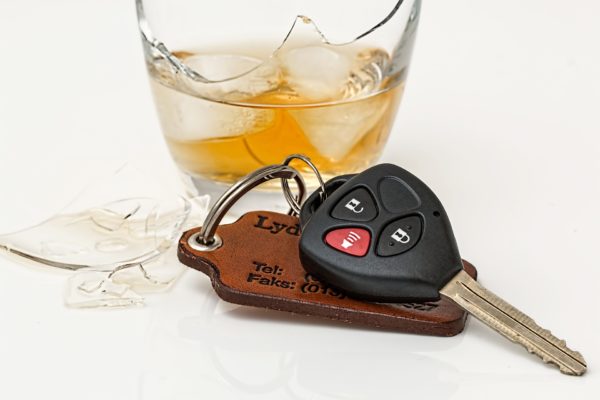FAQs
What is a Refusal?
Just like blowing over 0.08 or driving while impaired, it is a criminal offence to refuse to provide a sample of breath during an impaired driving investigation. Not only is it a criminal offence to outright refuse to provide a sample, you can be charged with refusal even if you fail to provide a proper sample despite attempting to do so.
Under section 254 of the Criminal Code, it is a criminal offence to, without reasonable excuse, fail or refuse to comply with a demand made by a police officer. The offence can result from a refusal on the Approved Screening Device or the evidentiary breath machine at the police station or Checkstop bus.
In order to be convicted of refusal, the Crown Prosecutor must prove that the accused, within the past three hours, operated or was in care and control of a motor vehicle. The Crown Prosecutor must also prove that the police officer made a proper demand for a sample of breath and the accused unequivocally refused to provide such a sample and that they had the intention of doing so.
There is no hard and fast rule on what is an unequivocal refusal to a demand for breath. Impaired driving investigations are very fluid and the entire context of conversations between an accused and a police officer will be considered by the Court in determining guilt or innocence.
Change of Mind
Generally, once and accused has unequivocally refused a lawful demand, the offence has been made out. However, an accused can change their mind and request that the officer allow another opportunity to provide a sample. Some police officers will allow the accused another opportunity while others take a hardline and refuse to allow the change of mind sample and continue on with processing the charge.
An accused can change their mind when the refusal and subsequent willingness form part of the same transaction. A refusal is not considered irrevocable the moment it is uttered. The Court will look at the totality of the circumstances and determine whether the Crown has proved an unequivocal refusal on a case by case basis. One of the most important aspects of the change of mind is how soon after the initial refusal did the accused change his or her mind. The quicker an accused agrees to provide a sample, the greater the likelihood that the Crown will be unable to prove it was an unequivocal refusal.

What is a Reasonable Excuse not to provide a sample?
Once the Crown proves the essential elements of the offence beyond a reasonable doubt, the burden shifts to the accused to establish on a balance of probabilities that there was a reasonable excuse for refusing or failing to provide a sample of breath. For a reasonable excuse to exist, there must be something in the circumstances that renders compliance with the demand either extremely difficult or likely to involve a substantial risk to the health of the person on whom the demand has been made.
The determination of reasonable excuse is fact-specific with no exhaustive list. Most often, the reasonable excuse is a medical condition that prevents and individual from providing breath samples such as severe asthma or other respiratory problems. Other reasonable excuses may be that the accused honestly believed the machine wasn’t properly functioning, the mouthpiece was unsanitary after being dropped or situations in which the accused was so drunk he or she was unable to understand the nature of the demand or the effect of the refusal.
What are the consequences of being convicted of a refusal?
The consequences of being convicted of refusal are the same as being convicted of driving over 0.08 or impaired driving. On the first offence, there will be a one year mandatory driving prohibition and a minimum $1,000 fine. In Alberta, the provincial government will require the driver to participate in the Interlock Program which can begin three months after conviction. In addition to the driving prohibition and fine, the individual will have a criminal record which can have significant impacts on employment and travel.
About Cory Wilson

Cory has represented individuals from all walks of life including lawyers, police officers, athletes, corporate executives, teachers, and everything in between. Cory believes in access to justice for every person charged with a criminal offence regardless of their economic background.